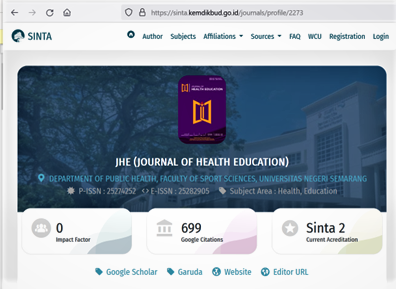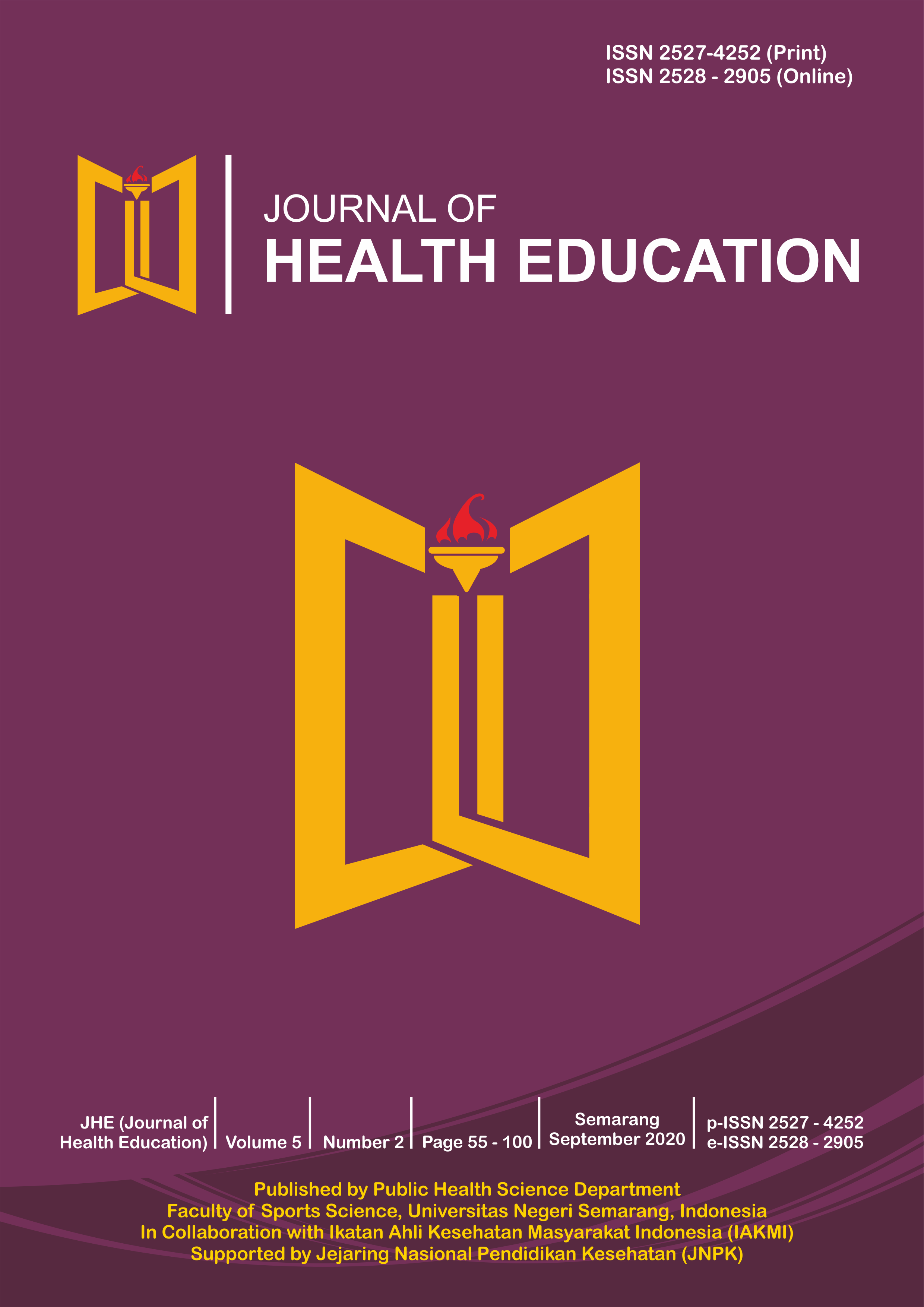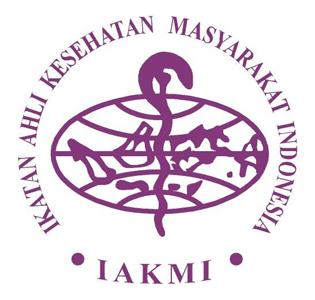History of Fish-Based Complementary Food Provision Toward Children's Cognitive Level in Elementary School
Abstract
Background: Nutritional components contained in fish like ssential fatty acid might support the growth and development of children’s brain. Therefore, it’s better to give it as early as possible at the age of 6-24 months as complementary food because this age is the ideal age for the growth and development of children's cognitive intelligence. The aim of this study is to find out the correlation between fish-based complementary food history with children’s cognitive level.
Methods: This study used cross sectional design with 59 students from 4th grade Budya Wacana Elementary School Yogyakarta were selected as participant in this study. Data were collected by IQ test (CFIT 2B scale) and validated questionnaire.
Results: Statistical bivariate analysis by spearman rank test showed a correlation between fish-based complementary food history (p = 0.031), parental assistance (p = 0.022), exclusive breastfeeding history (p < 0.01) with children’s cognitive level. There were no correlation between parenting style (p = 0.683), mother’s knowledge about complementary food (p = 0.374), and education (p = 0.902) with cognitive level. Statistical analysis by logistic regression test showed that exclusive breastfeeding history (p = 0,03) has stronger correlation to cognitive level compared to fish-based complementary food history (p = 0,155) and parental assistance (p = 0,167).
Conclusion: There is correlation that is clinically significant but not statistically significant between fish-based complementary food history and parental care with children’s cognitive level. Exclusive breastfeeding history has a stronger correlation that clinically and statistically significant to children's cognitive level.






